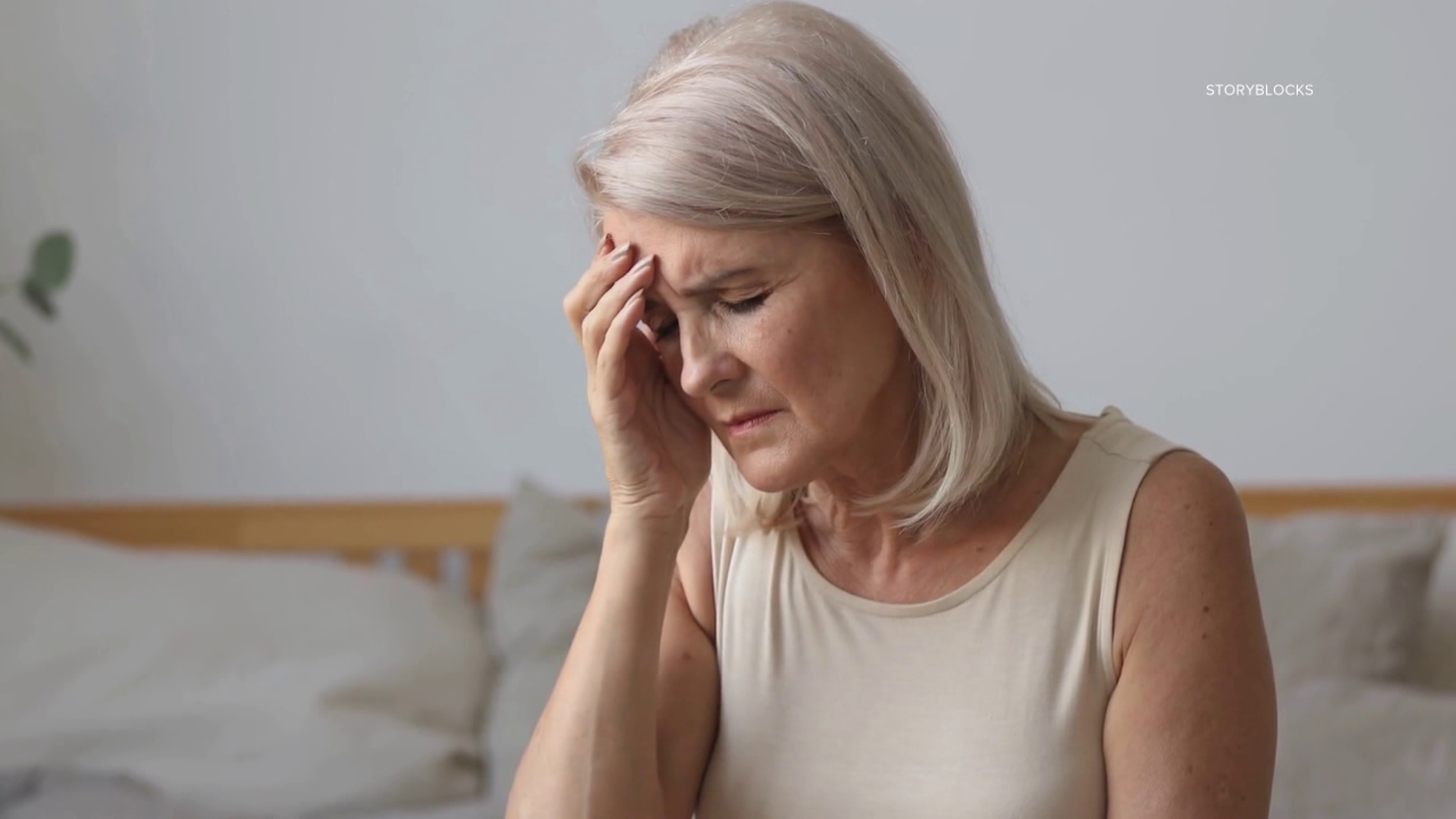WILLIAMSPORT, Pa. — You've probably had a few headaches in your lifetime. They can be annoying, even debilitating.
Suhag Patel, a physician assistant and neurology expert at UPMC, says that when patients complain of having a headache, it's usually a primary one.
“So primary headaches are like your idiopathic, meaning there's no specific reason behind them. So those are your tension-type headaches, migraines, and chronic cluster-type headaches. Those are the three ones we typically see,” explains Suhag Patel, PA-C, Neurology, UPMC.
Patel adds that a secondary headache is due to something like trauma, tumors, or infections, and when it comes to primary headaches, there are triggers.
“If someone isn't getting enough sleep, not drinking enough water, or not eating food, they're probably going to get a tension kind of headache. With cluster headaches, they're more common in males. They typically impact patients more while they're sleeping. They get triggered through alcohol,” said Patel.
He adds migraines can be triggered by anything. And while many folks will reach for the Tylenol to alleviate the pain, Patel says that could make things worse.
“Overusing pain meds like Tylenol, Aleve, and things like that can actually trigger headaches,” warns Patel.
Instead of popping pills, Patel has some sage advice, especially if your headache is triggered by stress.
“I honestly tell patients to take a hike literally. But you know I’ll recommend magnesium; tell them to do deep breathing exercises. Find ways to improve their stress levels,” suggests Patel.
And how do you know when your headache is something more serious?
“So, if you're over the age of 50 and you've never had a headache before and all of a sudden you're getting headaches, that's one thing. If it's the sudden thunderclap, what we call a headache, or it's the worst headache of your life, that's usually another reason. If you've hit your head and getting a headache, things like that,” said Patel
If you think your headaches are a medical emergency, contact your doctor or call 911.

